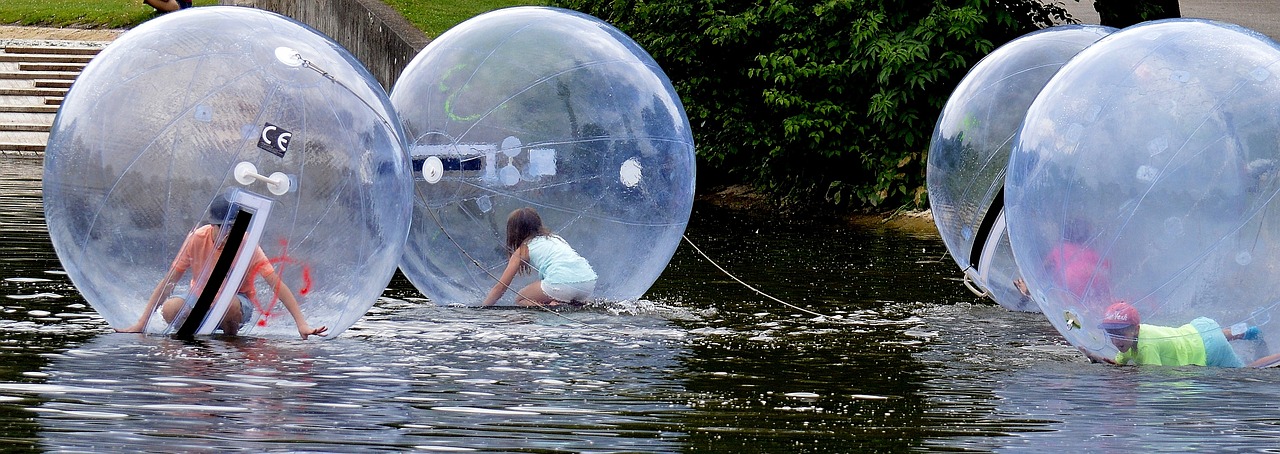Exploring the Experience Economy: How Historical Reenactments Engage Audiences: World7 id, Mahadev betting login, Silver 777 login
world7 id, mahadev betting login, silver 777 login: Exploring the Experience Economy: How Historical Reenactments Engage Audiences
In today’s world, where everything is constantly evolving and changing at a rapid pace, people are seeking more than just products or services. They are looking for experiences that leave a lasting impact and create memories to cherish. This shift towards the experience economy has led to the rise of historical reenactments as a popular form of entertainment and education.
Engaging audiences in a unique and immersive way, historical reenactments transport them back in time to experience historical events, battles, and daily life of a bygone era. From medieval festivals to colonial reenactments, these events offer a glimpse into the past that textbooks and museums simply cannot replicate. But what makes historical reenactments so captivating?
1. Authenticity: Historical reenactments strive for authenticity in every detail, from costumes and props to language and mannerisms. This attention to historical accuracy creates a sense of realism that draws audiences into the experience.
2. Hands-on Learning: Unlike traditional forms of education, historical reenactments allow audiences to actively participate in history. Whether it’s trying on armor or learning how to churn butter, these hands-on activities make history come alive in a tangible way.
3. Emotional Connection: By immersing audiences in the sights, sounds, and smells of the past, historical reenactments evoke an emotional response that fosters a deeper connection to history. This emotional engagement is what sets reenactments apart from other educational experiences.
4. Community Engagement: Historical reenactments bring communities together to celebrate their shared heritage and history. These events often involve local volunteers and organizations, fostering a sense of pride and unity among participants and spectators alike.
5. Entertainment Value: While educational in nature, historical reenactments also provide entertainment value through exciting performances, demonstrations, and interactive experiences. This blend of education and entertainment makes reenactments appealing to audiences of all ages.
6. Cultural Preservation: By commemorating historical events and traditions through reenactments, communities help preserve and celebrate their cultural heritage for future generations. These events serve as a reminder of where we come from and the values that shape our society.
As the popularity of historical reenactments continues to grow, more and more people are discovering the unique power of experiential learning. By engaging audiences in a hands-on, emotional, and entertaining way, reenactments not only educate but also inspire a love for history and a respect for the past.
FAQs
Q: Are historical reenactments historically accurate?
A: While historical reenactments strive for authenticity, there may be some creative liberties taken for the sake of entertainment. However, organizers typically conduct thorough research to ensure accuracy to the best of their ability.
Q: Can anyone participate in historical reenactments?
A: Yes, many historical reenactments welcome volunteers of all ages and backgrounds to participate. Whether you’re interested in portraying a character, helping with logistics, or simply observing, there is a role for everyone to play.
Q: How can I find historical reenactments near me?
A: Check local event calendars, historical societies, and online forums for information on upcoming historical reenactments in your area. Many events are open to the public and welcome newcomers to join in the fun.







